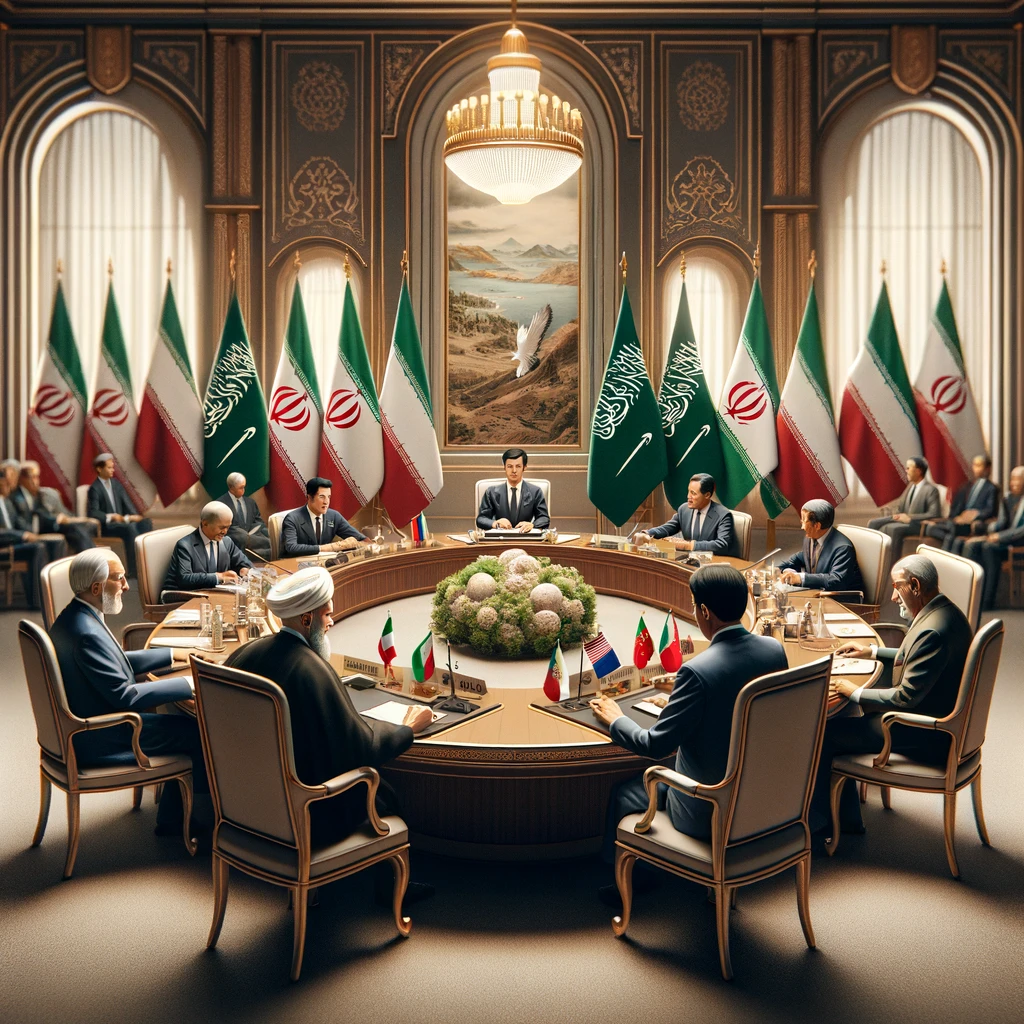The meeting between senior diplomats from Iran and Saudi Arabia at a China-brokered summit last year marked a surprising turn in diplomatic relations.
China's mediation showcased its growing diplomatic influence in the conflict-prone Middle East. However, China's strategy in the region appears to prioritize its own interests while benefiting from the security efforts of other nations, notably the United States and Europe. By refraining from direct involvement in regional conflicts, China aims to bolster its political and economic ties without entangling itself in volatile situations. This approach allows China to maintain relations with rival parties, such as Iran and Saudi Arabia, while positioning itself as a potential mediator. However, recent events, including China's shifting stance on the Israel-Palestine conflict and its ineffective mediation efforts between Saudi Arabia and Iran, have raised doubts about the sustainability of China's strategy.
Furthermore, China's perceived "freeriding" on the security guarantees provided by other nations, coupled with its expanding naval presence in strategic maritime routes, has implications for global maritime security. Addressing China's opportunistic behavior in the Middle East requires coordinated efforts by the United States, Europe, and regional partners to hold China accountable and prevent further destabilization in the region. Additionally, the implications of China's actions extend beyond the Middle East, impacting maritime security in the broader Indo-Pacific region. Coordination among stakeholders is essential to address these challenges and ensure the security of vital sea lanes.





